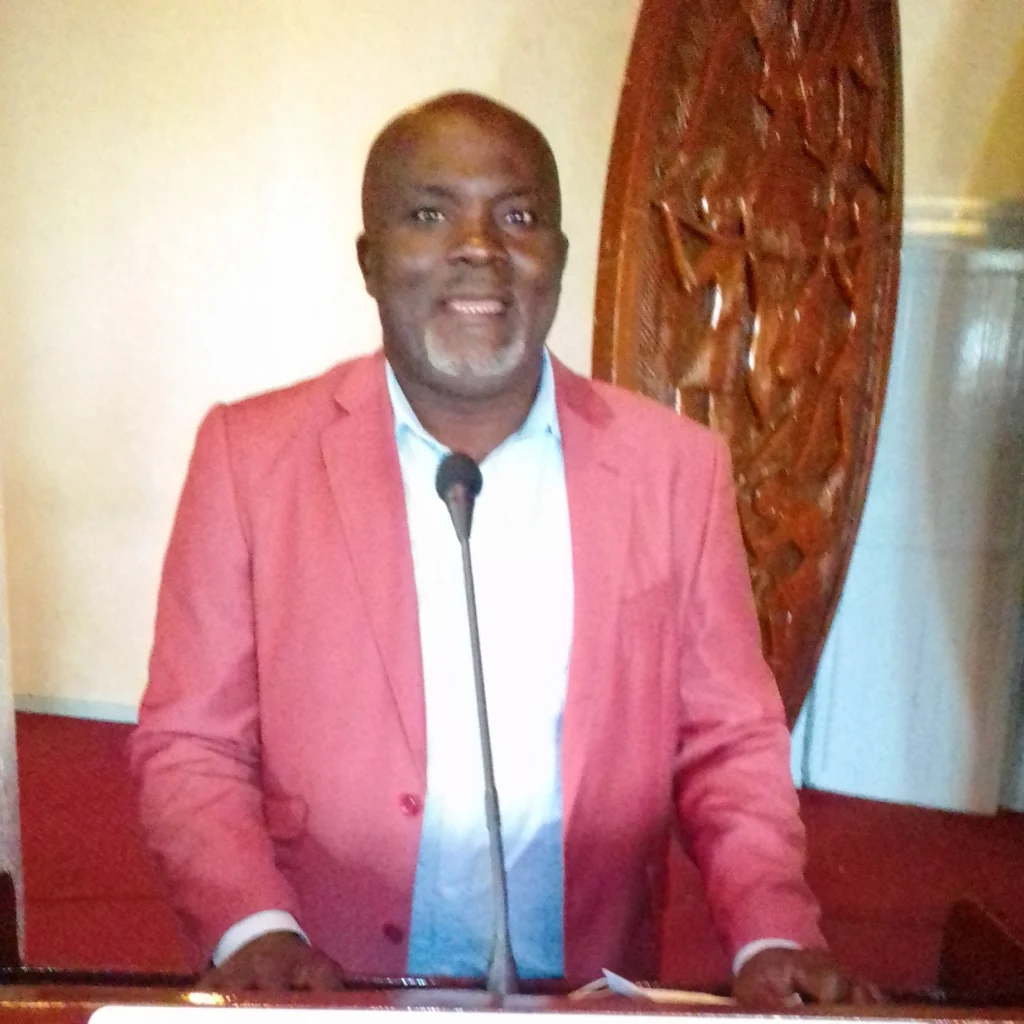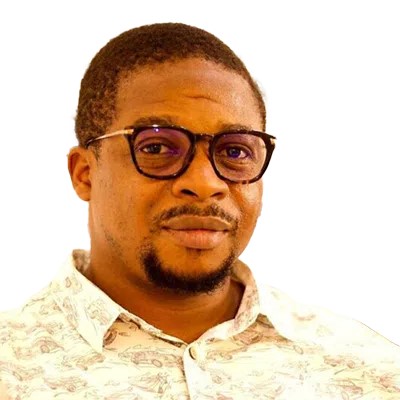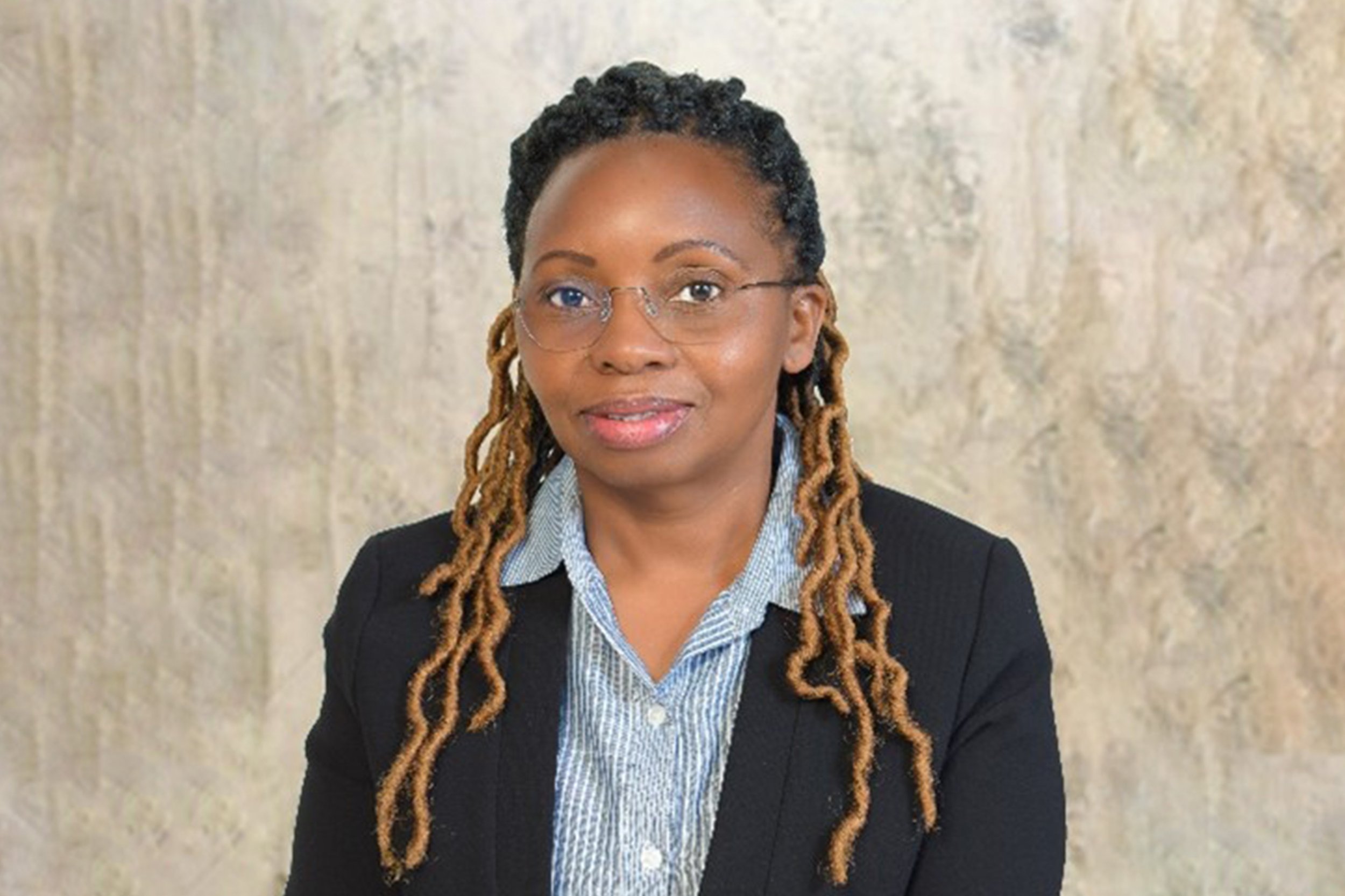Livinus Njume Esambe

Cameroon, like many other lower-middle-income countries, faces significant economic challenges. This includes high poverty rates, inequality, and limited access to essential services, especially in rural areas. Despite its richness in agriculture and natural resources, governance issues combined with regional disparities and infrastructure deficits have stifled economic development, leaving more than 53.2% of Cameroon’s population living below the national poverty line.
Under President Paul Biya’s 40-year rule – one of only two leaders since independence – Cameroon has faced increasing criticism for authoritarian practices and governance challenges. The country is registered at 140 out of 180 countries in the 2023 Transparency International’s corruption index. These issues were exemplified as of March 2024 with Cameroon’s suspension from the Extractive Industries Transparency Initiative (EITI) until 2027 for slow implementation of EITI standards, including continued constraints on civil society’s freedom of expression and association.
Given these challenges, what options exist for a change agent? We recently spoke to Livinus Njume Esambe, Executive Director of the Action for Governance over Natural Resources (AGNR). AGNR is an NGO in Cameroon, actively advocating for revenue transparency and citizen-led governance over the country’s natural resources. In response to the challenges, AGNR has intensified its efforts to engage all stakeholders – citizens, private sector and others – in promoting reliable and sustainable management of the country’s natural resources. This approach aims to create a foundation for good governance that can ultimately benefit the people of Cameroon.
Q: Tell us about your work and the current challenges in your country.
Livinus: Despite Cameroon’s suspension from EITI this year through 2027, we are working to strengthen EITI commitments. Under the two dictatorships, there has been little impact on the standard of living of people, even with the natural resources that Cameroon has. At the AGNR, we work to strengthen good governance of natural resources. With our advocacy, we try to improve beneficial ownership and fiscal transparency.
There are a lot of challenges to beneficial ownership (of natural resources) – in terms of mining, trafficking of gold, etc, which is not well known. For instance, there is revenue coming from extractives in the mining sector, yet we are unable to bring this revenue to be used in education, for example. In our newsletters, we highlight stories concerning this, and how it affects individual living standards and mining communities. Currently, in Cameroon’s eastern region, the revenues from the extraction of petrol seem to be locked up in a black box somewhere, where only special political elites have access to it. In the southwest region, where 80% of that crude is found in the seas, there are no roads or infrastructural development. Educational systems and health systems are poor. This has led to an ongoing civil war for the past eight years.
In addition, while the right to education is a fundamental human right, in mining areas, girl children are deprived of basic primary education because they are recruited as child laborers, and young girls who are meant to go to school are exposed to infections like HIV/AIDS because of the proliferation of prostitution in the mining camps.
So when you talk about challenges – they are enormous in a developing country like Cameroon. We have big challenges related to food insecurity because of climate change. Climate change has brought about a lot of disappearance of certain foods and other substances that we usually enjoy when we’re young. For instance, today, “violet” cocoyam is now a rare meal to have in our area because of the disappearance of this cocoyam variant. When we were young, we had so many of these agricultural products which are now disappearing. We have lots and lots of stories to tell about the challenges on climate change and food insecurity. So in short, the mining sector, the oil and gas sector, the fisheries sector, the food and agricultural sector – are affected by climate change. Because of these challenges – we are living in a paradox of plenty. We are so poor in terms of the material world, but so rich in terms of natural resources.
We study these challenges that we have in governance, which all boil down to corruption. We raise awareness of these issues (to encourage citizen’s action).
Q: How do you engage citizens for change in Natural Resource Management?
Livinus: Specifically, we work on research and evidence-based advocacy. We also work on building capacities in these areas and awareness through AGNR as a means of visibility, and through our local newsletter.
We have a local newspaper (The Action Newspaper) to build public awareness and mobilization of local communities. We regularly produce the newsletter reporting on natural resource management and governance, which represents civil society views. We have 700-1000 contacts. We also post on LinkedIn, Instagram, and other social media platforms. We are not here for politics, we speak the truth quietly.
Q: What are the strategies, creative solutions, or approaches that are making headway?
Livinus: We are trying to advocate with our own (people). For example, I recently presented, as the Executive Director of AGNR to the Government of Cameroon to engage Cameroon in the advocacy for fisheries. We call it the Fisheries Transparency Initiative (FiTI), which is a very lovely idea for countries with strong fisheries, countries that enjoy good oceans, a green economy. The Cameroon government does not yet seem to have ideas of the sustainable blue economies in the fisheries sector. So, we are preparing an advocacy letter to send to the government and ask the American Embassy to give us the backing so that we’ll be able to advocate for the Cameroon government to commit itself in the fishery section because the management of the fishery is very loose, just like the extractive industries.
In forestry, there have been some improvements, because of some of the proceeds. Some international organizations have helped to build forestry laws that have been sustainable and they are triggering development.
Q: What else is needed to address the challenges you’ve highlighted and strengthen governance?
Cameroon was suspended for noncompliance with the rules of EITI. I am no longer on the Committee, but I still work with them. We have the World Bank in Cameroon and the IMF as development partners that are pushing hard so that most of these things are respected. We have access to small grants, for example from the World Bank in 2011 to build electricity in my community, Bekume. We have reached out to the African Development Bank, but civil society lacks the capacity to access funds at that level.
Civil society organizations lack the financial push, the capability, and the capacity to access funds from these big organizations. Our aim is to build the capacity of civil society to understand these issues.
Interested to learn more? Join an informal discussion with the Governance Action Hub Community of Practice in the coming months. We will explore how one might engage community stakeholders who are not always part of the conversation – be it involving extractives, Natural Resource Management or climate action. Sign up here – we welcome your thoughts on topics or challenges we might explore in future meetings.
Join the Governance Explorers
We are bringing together a global network of people eager to rethink governance and influence local, national and global debates.




